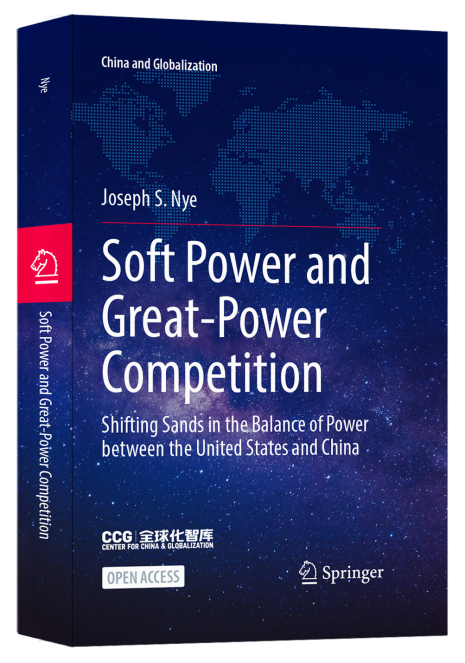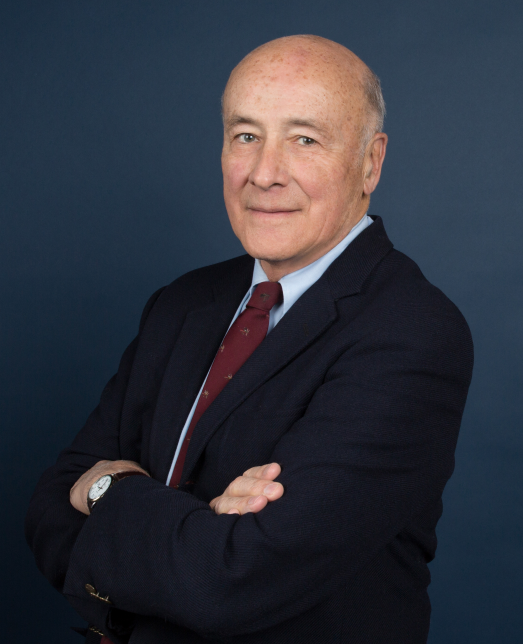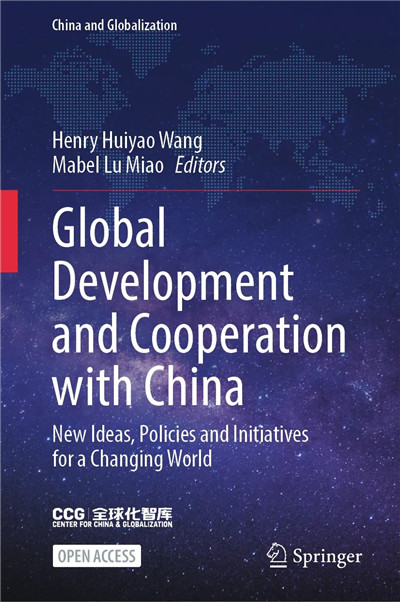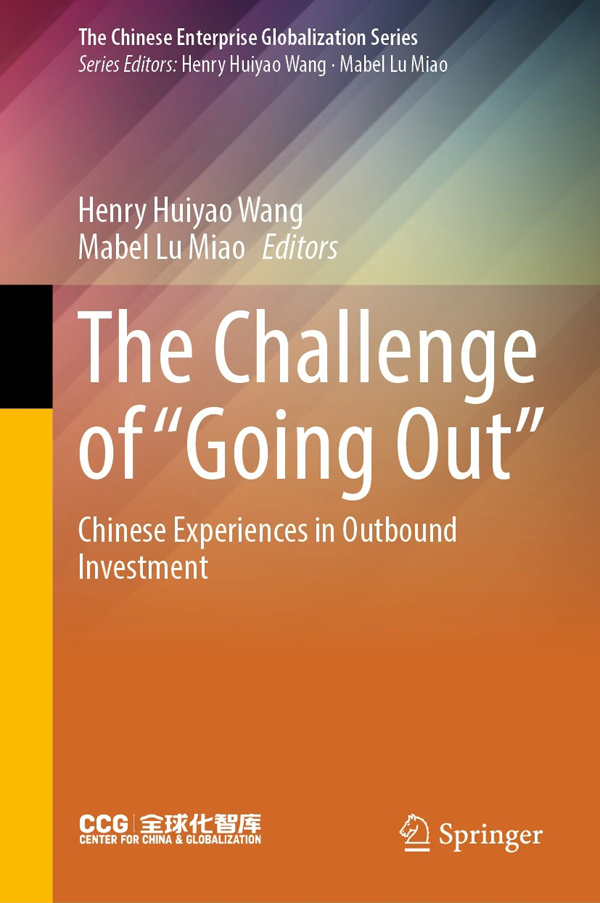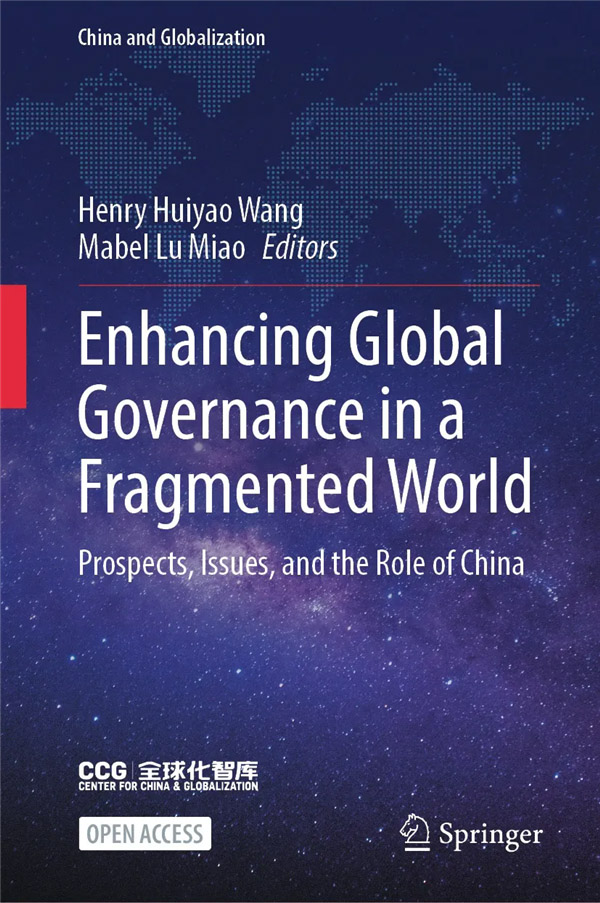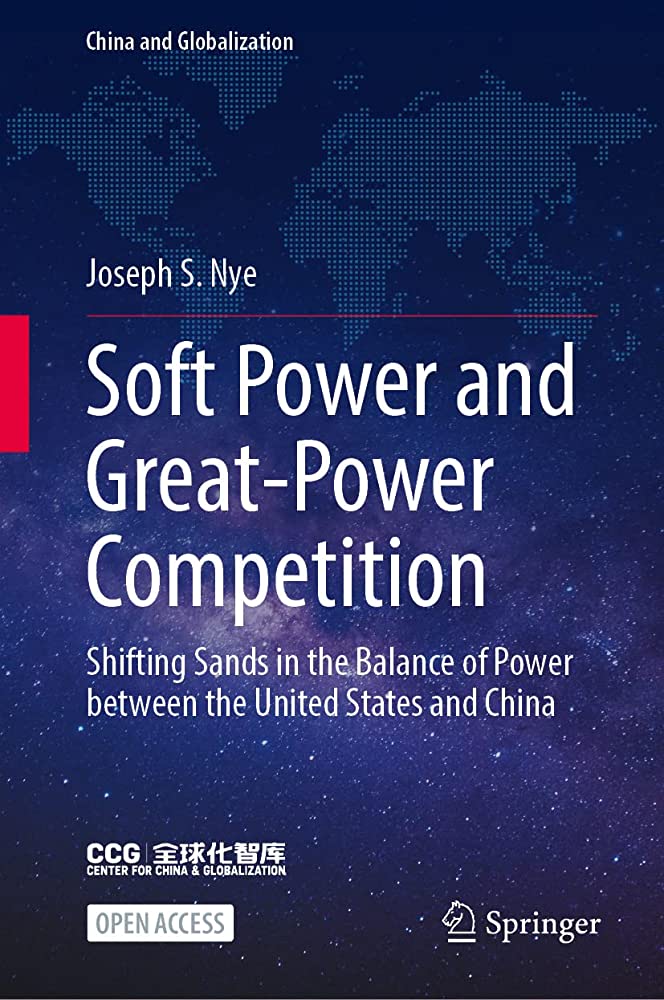
Soft Power and Great-Power Competition
Author: Joseph S. Nye Jr.
ISBN: 978-981-99-0716-8
Published in June, 2023
Publisher: Springer Nature
Link to Springer-Nature:
https://link.springer.com/book/9789819907137
A fifth of the 21st century has already passed, and the world order has changed from one super power and multiple major powers to two super powers and multiple rising powers. With the rise of China and other emerging countries, a historic power shift is happening globally. Joseph Nye, the father of “soft power” and Harvard University professor has posed a thought-provoking question: “How do we manage that power transition from the west to east in a way which is beneficial for all countries and which doesn’t break down into great power rivalries, which are destructive?”
Nye is well known for developing the concept of “soft power,” the ability to influence others through attraction rather than coercion or payment. In his view, soft power doesn’t happen to be zero-sum. If China becomes more attractive in the United States, and the United States becomes more attractive in China – that can help both of them overcome their differences.
This open access book consists of essays selected from Joseph S. Nye, Jr.’s last three decades of writing and illustrate a variety of perspectives on the nature of power, the role of the United States in the world and US-China relations. Through this collection, it is hoped that readers will gain a better understanding of today’s global environment and find that while great power competition may be inevitable in a world as centers of power shift, cooperating to address transnational challenges can be a positive sum game.
Joseph S. Nye, Jr. is the University Distinguished Service Professor, Emeritus and former Dean of the Harvard’s Kennedy School of Government. He won a Rhodes Scholarship to Oxford University, and earned a PhD in political science from Harvard. He has served as Assistant Secretary of Defense for International Security Affairs, Chair of the National Intelligence Council, and Deputy Under Secretary of State for Security Assistance, Science and Technology. His most recent books include Do Morals Matter? Presidents and Foreign Policy from FDR to Trump (2021); Is the American Century Over? (2015); and The Future of Power (2011). He is a fellow of the American Academy of Arts and Sciences, the British Academy, and the American Academy of Diplomacy.
The contents of this book are divided into four main parts. Part One discusses the origins and political progress of the concept of “Soft Power”. Part Two explores soft power in the American experience, its sources and interaction with US foreign policy, as well as its ebb and flow in the age of Obama, Trump and Biden. Part Three examines the rise of and the opportunities and difficulties for Chinese soft power, focusing on China’s investment in soft power and how this demonstrates its commitment to a peaceful rise. However, it also addresses the question of how can China get “smart” on how it uses soft power. Part Four provides a bird’s-eye view of power shifts in the 21st century and the interactions between the US as an established power and China as a rising power, while also reassuring readers that Thucydidean fears are unnecessary and a Cold War is avoidable. Both countries have to realize that some forms of power must be exercised with others, not over others, the development of soft power need not be a zero-sum game. Ultimately, the US-China relationship is a “cooperative rivalry” where a successful strategy of “smart competition” is necessary and cooperation on transnational challenges like climate change, pandemics, cyberterrorism and nuclear proliferation, will serve to benefit not only China and the US, but the world as a whole.
